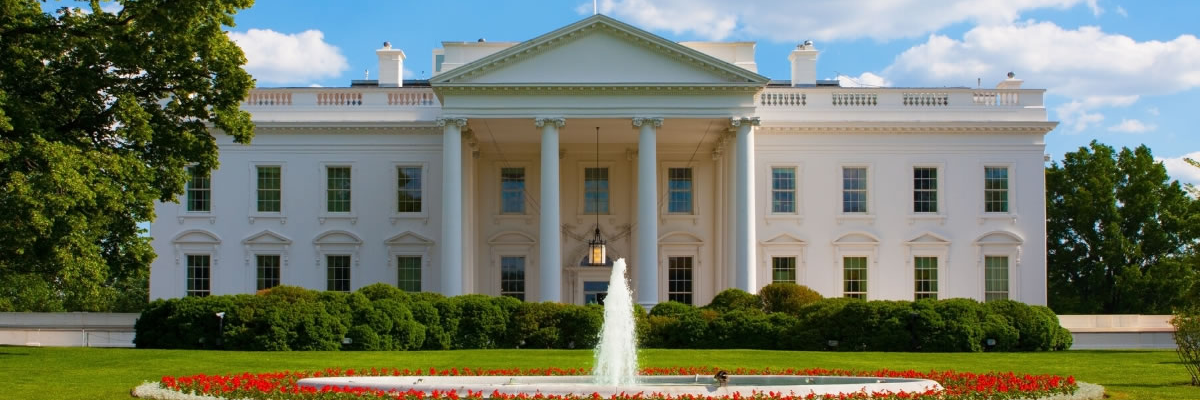
In September of 2018, Hurricane Florence slammed into the Carolina coast, killing 54 people and causing $24.23 billion in property damage and economic losses. Many towns experienced record-breaking rainfall, and major flooding closed highways for days.
That same month, Typhoon Mangkhut tore through Guam, the Philippines, China, Hong Kong, and Taiwan, killing over 130 people. Around 80% of Guam lost electricity because of the storm, and it was the strongest storm to hit Hong Kong since 1983.
Florence and Mangkhut are not isolated events. They are part of a bigger picture: that is, climate change is making hurricanes more frequent and more dangerous.
The cleanup from both storms took months of investment and rebuilding. The most vulnerable (like the elderly) and those living in poverty are the least equipped to recover.
And yet, as these super storms were destroying communities and ending people’s lives, President Trump and his administration were in the process of replacing the Clean Power Plan and eliminating dozens of environmental safeguards.
What was the Clean Power Plan?
Introduced in 2015, the Clean Power Plan (CPP) was America’s only nationwide limit on carbon pollution from power plants.
The release of carbon dioxide (a type of greenhouse) into the atmosphere is a primary cause of climate change. Scientists can attribute about 700 to 800 U.S. annual deaths in the most recent years to human-caused carbon emissions. These numbers are likely to get worse.
But in October of 2017, the EPA under President Trump announced its intentions to repeal the CPP. By September of 2018, the President unveiled a new plan – the “Affordable Clean Energy (ACE) Rule” – that allowed states to decrease their emission reduction goals and permitted coal-fired power plants to operate longer.
Even the EPA acknowledged that the new plan could result in 1,400 more Americans dying annually due to increased air pollution.
The bigger picture
Like Hurricane Florence, the rollback of the CPP is not an isolated event. It is part of a bigger picture: the Trump administration is repealing or weakening dozens of environmental safeguards.
For example, the administration weakened methane pollution safeguards standards on both private and federal land. They also made it easier for drillers to meet requirements meant to curb leaks of methane from oil and natural gas infrastructure. Methane is a greenhouse gas that is 30 times more powerful at trapping heat than carbon dioxide.
Another example is that the administration has also eased requirements for emissions and vehicle efficiency, despite the fact that the transportation sector is the biggest source of climate pollution in the United States.
But safeguards that protect us from the worst consequences of climate change and greenhouse gas pollution are not the only safeguards under threat. For example, the administration has revoked a rule that prevented coal companies from dumping mining debris into local streams. Protections for endangered species, national monuments, and clean water have also been weakened.
All total, 95 environmental safeguards have been rolled-back or are still in the process of being rolled-back. These rollbacks affect everything from climate change to toxic substances and safety and water pollution.
Why are these safeguards important?
We are facing a time of ecological crisis. Not only do these rollbacks further contribute to climate change, they also intensify public health threats, ecosystem instability, and the mass extinction of non-human life.
Collectively, the elimination or weakening of these safeguards demonstrates that the administration does not appreciate the extent to which we are tearing apart the web of life.
Our country has to think creatively about how we can responsible steward the gifts of our planet and live in harmony with God’s creation. We can take care of our workers, our vulnerable, and our environment all at once. What we can no longer afford to do is ignore the realities before us and place profits over people, the interest of a small few over the good of everyone.
- Log in to post comments
 St. Columban Mission for Justice, Peace and Ecology
St. Columban Mission for Justice, Peace and Ecology